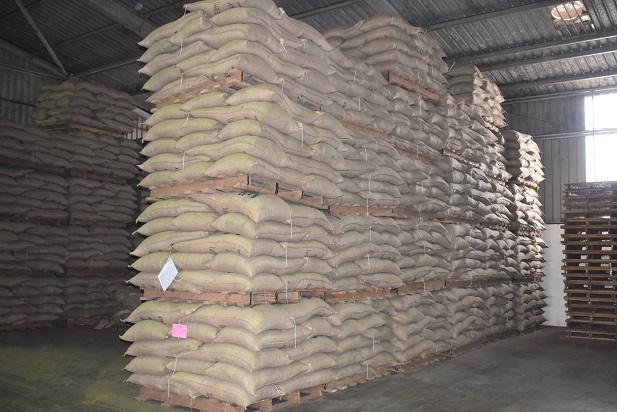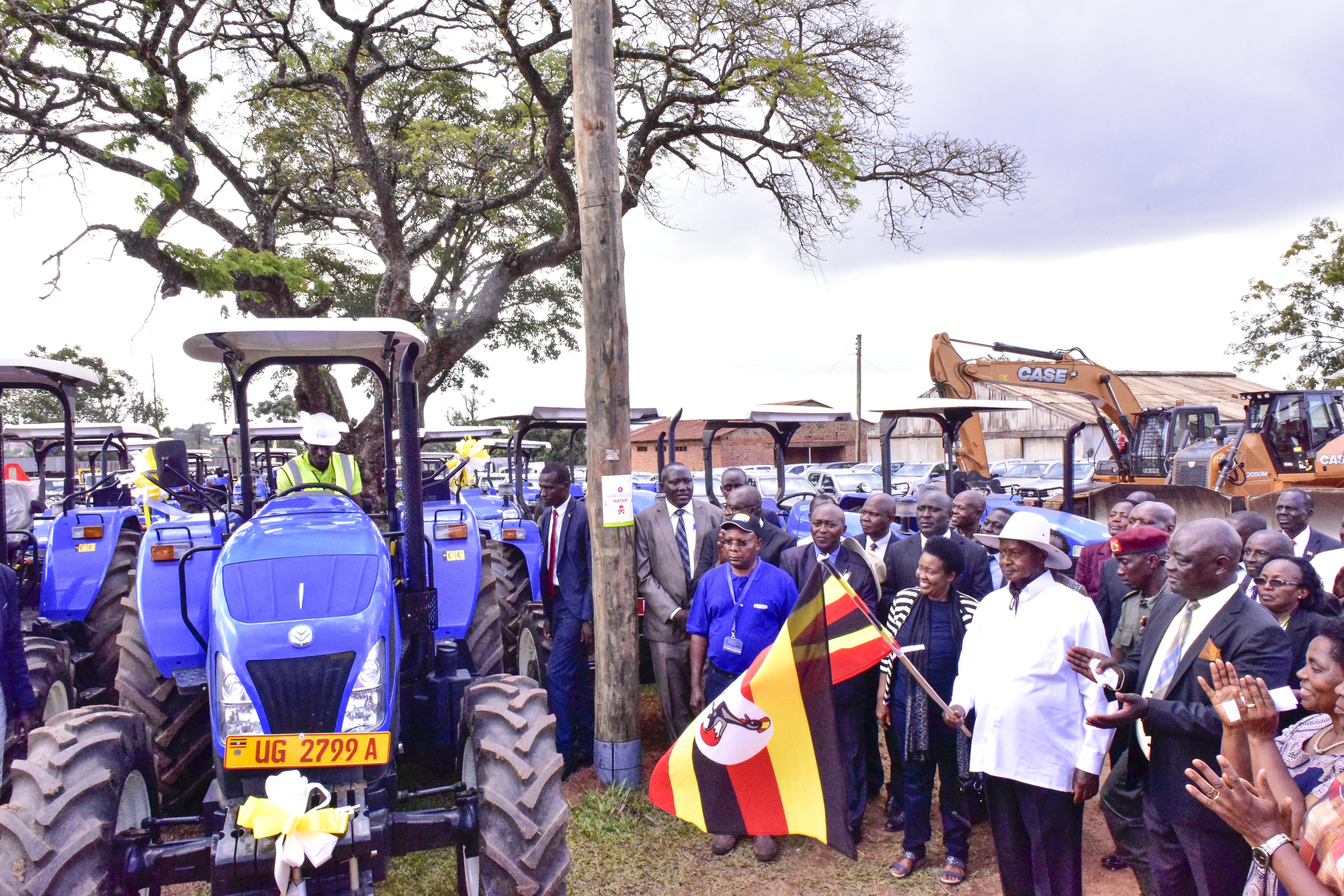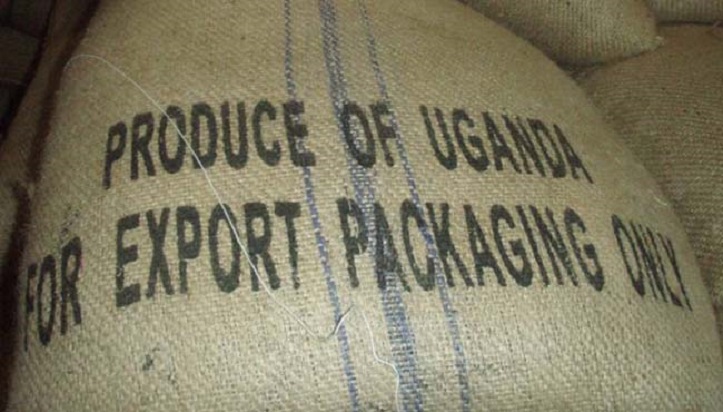On July 16, 2021, Bwogi Farms sarcastically shared a post reading: “But why have some of us succeeded despite many others failing? Are we from another planet? Passion comes first above everything, persistence too.”
Bwogi Farms is a mixed farm located in the Central Uganda district of Rakai.
Bwogi’s post may have been triggered by the confessions in the different fields of farming.
THE CONFESSIONS
Remie Kiggundu
There’s an advert of earning big from watermelons on Bukedde radio. I ran to their offices (seed company) in Lubowa and bought the seeds, planted only to harvest back 1m from the 6m that I injected. Farming isn’t for everyone.
Zzuli Kawalya
Abantu nabagamba okulima nokulunda bubeera bufumbo omutabeera kunoba, obuberamu mu bulungi ne mububi. At one time you randomly do 2 acres tomatoes and hit 120m, then another time the same acreage will give 2.4m. My neighbour just hit 14m from an acre of cabbages but when I grew cabbages same acreage, I got a paltry 650 k. From all these, you can see it’s all about kubigumiramu through thick and thin.
Maria Kyendibazza
Farming is not for cowards!! I remember buying 10bags of Irish potato seedlings each at 300k expecting high returns since my family used to grow them when we were young. On harvest, I got a lot of kakyeere (smaller) Irish too small to peel. I gave up on seasonal crops since then.
Marriam Biraakwate
We planted an acre of sweet potatoes. We had ready market in Tanzania. One week to harvest, well-wishers- volunteers came at night and harvested for us. We didn’t even get a piece out of the garden.
EXPERTS SPEAK
Speaking on Robert Kabushenga’s Twitter space Wednesday night, Sandra Nabisirye, a commercial tomatoes farmer and trainer, said that commercial farming is not for the lazy one.
“Commercial farming is not for the lazy ones, but for the committed farmers who are not afraid of losses. Like any business, losses may occur but that shouldn’t stop you,” she says.
According to Nabisirye, you don’t need a lot of experience to succeed at something.
“You don’t need lots of experience to succeed at something. Once your mind and heart are onto it, you can achieve it,” Nabisirye says.
Before going into tomato growing, Nabisirye sold second hand clothes to students. Her start-up capital was Shs100, 000.
Joseph Kabwaama blames some of the failures in agribusiness on the perception that agriculture is a goldmine.
“The middle-income elite majority of whom live in towns and/or cities have a common belief that agriculture is a goldmine. This perception has overtime driven their continued criticism of young people [mostly engaged in agriculture] who migrate to the cities or urban centers in search of jobs and better life. To the employed elite, the rural youth are unreasonable in abandoning vast opportunities for wealth creation in the villages only to come to do odd jobs in the cities. But to really understand this phenomenon, we must ask ourselves whether agriculture in general is profitable or sexy if I may use that term,” Kabwaama says.
Over the years, he adds, “I have been approached by many colleagues and friends who have confided in me their interest to do part time farming alongside their regular corporate jobs. The single most common end result for most of these guys is that they have only made one attempt and the experience has resulted in the majority of them never trying to do farming again.
Very few people, probably less than 10% of the population engaged in agriculture can comfortably attest to the profitability of agriculture in Uganda.”
Kabwaama says farming is such a risky venture that one literally has 50% succeeding.
“On the contrary, farming is so risky that the odds of success are less than 50%. You basically have a 50% chance of failure. With such high stakes, assuming you wanted to borrow a commercial loan to farm [most commercial loans retail at an average of 20% p.a] it means you have to pay 20% as interest on that loan for a business that has only a 50% success rate. Farmers in sub-Saharan Africa remain some of the poorest and most marginalized people in Africa,” he notes.
But for farming to be profitable, Kabwaama says a farmer has to be protected by policies.
“Farmers must be protected by a deliberate policy system that gives them subsidies and weathers them from shocks of unstable commodity prices. Putting basic economics into consideration, how can you profit from a business that operates without a known value for the products it produces. A farmer is not in control of the prices at which he sells his produce. Secondly one whose variables are out of the control of the farmer. [Unpredictable Weather, natural calamities, human activities etc],” he says.
According to Kabwama, most of the success stories about farmers are either not completely told.
“You have probably heard bogus testimonies of a guy on TV saying he started his enterprise with only two piglets. Farming is NOT sexy. Agriculture requires countless hours of dedicated hard work to manage the variables of crop production so that you improve your chances of success. Farmers operate in an environment with little institutional support in terms of how to access low-cost financing, insurance support, market and price guarantees etc. In essence farmers are on their own in Uganda. Many large-scale farms that were set up as commercially For-Profit enterprises are scaling down or closing shop in Uganda. This has been mainly driven by the huge dents in market stability escalated by the Corona virus pandemic. Prices have dropped to their detriment and the government is nowhere to support these farmers. Maize, soybeans, rice and sunflower have all experienced slumps in price over the last 18months. In some cases, like rice, the government has even allowed imports while large farms watch their harvest rot away in warehouses for stocks they already have to sell at a loss.
Kabwaama says that agriculture mostly done in Uganda is a conduit for escalating the cycle of poverty.
“A rural household engaged in farming is bound to remain perpetually poor if they only rely on agriculture for survival. So guys unless you have tried to farm, be cautious when reprimanding the next boda guy who left Masaka to ride a boda boda in Kampala,” he says.
Monty Mony, however, says that when you are learning, failures are normal.
“I remember buying parent chicken stock from Kalerwe market. They all came with diseases and died in less than 4 days. That 400, 000 I spent pained me at first but later was a very strong lesson for me. I think it’s all about endurance and a desire to learn fast so as to grow,” she says.
Jasper Opoipimungu says with farming, passion comes first.
“Passion comes first but also it’s important to manage expectations. Farming is not “a get rich quick scheme. The money comes but after a long time. Choice of enterprise is also key. Crops are difficult but there are also success stories. If you want to succeed in growing crops, you need to mechanize crops like maize, beans etc… Minimizing cost of production is key for such Enterprises,” he notes.
According to Gabby Achieng, cooperatives need to protect farmers like it does in neighboring Kenya.
“We need cooperatives to protect farmers. Kenyan farmers always complained of Ugandan middle men who eat off the farmers profit and that they are so greedy in the market cause Uganda has no cooperative that protects them,” Achieng says.
Christopher Musinguzi Adyeeri on the other hand says that passion and patience walk together in farming.
“I made losses in vegetable farming for three years because of poor seeds until the fourth year when ISSD Uganda started promoting seeds from Holland. I have never looked back,” he says.
Caroline Choge says farming is a full-time job and that you don’t trust anyone with your investments.
“You guard your farm with your life. Farming is not a part time job that you do swinging in your chair in an office in town,” says Choge.
To Ronald Byengoma, farming needs persistence, passion and on top of that “put it in mind that seasons can never be the same”
He says, “I have been farming for some good years after campus as a side income. Patience, risk taking and passion has helped me a lot.”






I need to receive farming updates regularly.